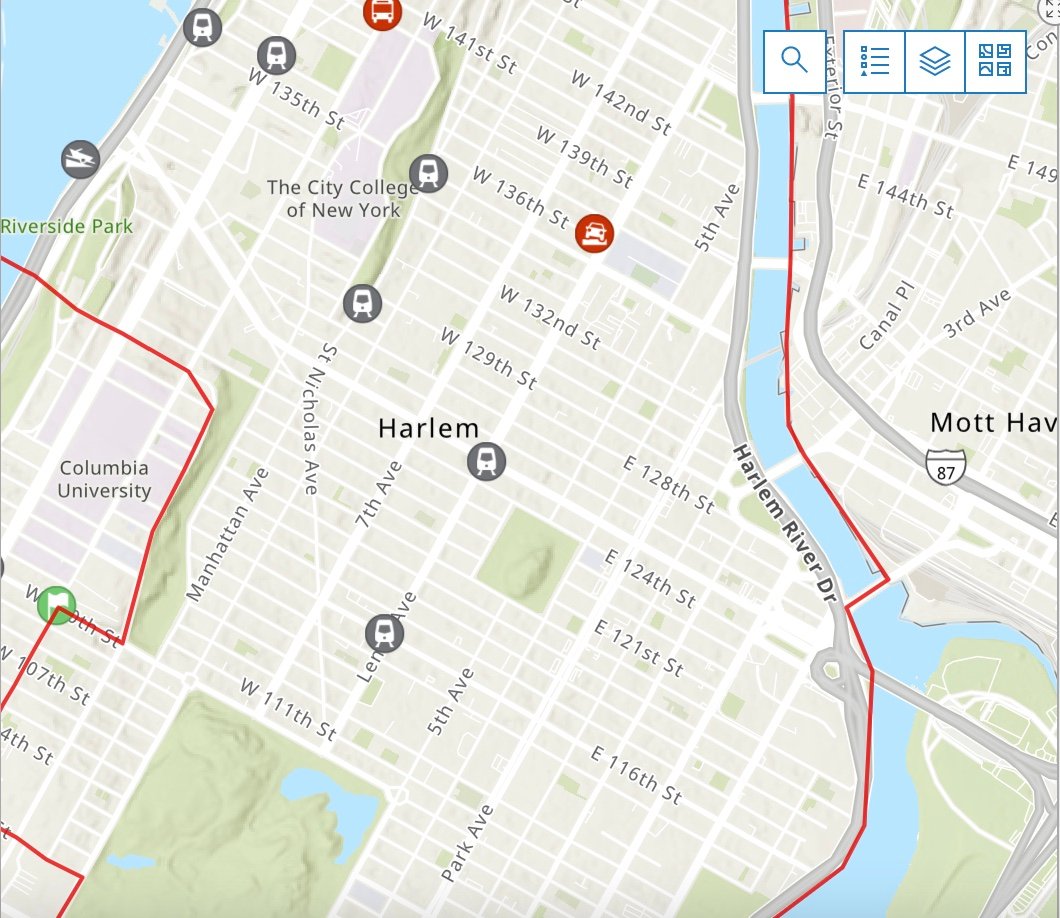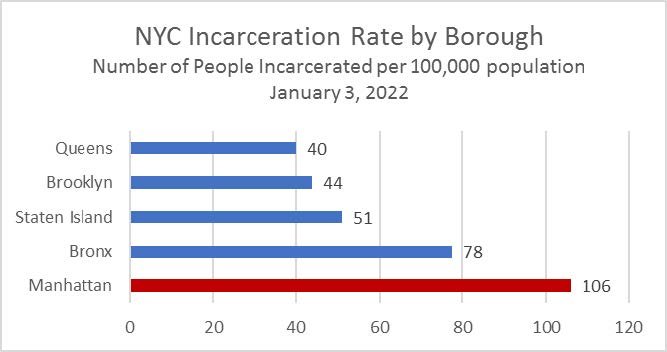Tag: Alvin Bragg
-

Jobs Not Guns
Last month, Amsterdam News had a great article on how Uptown Grand Central is using $20,000 from the Manhattan DA Alvin Bragg, to fund clean-up around the Metro-North station and Northern East Harlem as a whole. “As part of our comprehensive gun violence strategy, we are focused on prevention efforts to keep young people engaged…
-

HNBA March Meeting – Tuesday the 14th, 7:00 PM
Tomorrow! The next Harlem Neighborhood Block Association meeting will be Tomorrow, March 14th, at 7:00 PM at 2306 3rd Avenue (the new Salvation Army Building). We’re looking forward to an exciting evening. Note that the day after (March 15th at 6PM) the 25th Precinct’s Community Council meeting will be held at the precinct with two NYPD…
-

HNBA March Meeting – Tuesday the 14th, 7:00 PM
Save the Date! The next Harlem Neighborhood Block Association meeting will be Tuesday, March 14th, at 7:00 PM at 2306 3rd Avenue (the new Salvation Army Building). We’re looking forward to an exciting evening. Note that the day after (March 15th at 6PM) the 25th Precinct’s Community Council meeting will be held at the 25th Precinct…
-

Want Something Fixed?
REPORT AN INFRASTRUCTURE ISSUE IN OUR DISTRICT! This year Congressman Espaillat brought home nearly $8 billion from the bipartisan Infrastructure Investment and Jobs Act to fund the Second Avenue Subway expansion, rebuild our city’s crumbling bridges, repave our decades-old roads, and so much more to make transit routes safer and more accessible for all New…
-

From Manhattan DA Alvin Bragg:
Day 1 Memo – FACT SHEET Over-incarceration has not made Manhattan safer. Years of data and research have proven that incarcerating those charged with nonviolent and minor offenses leads to recidivism, and makes us less safe. Proven strategies to address the root causes of this behavior, such as mental health and drug and alcohol addiction,…



